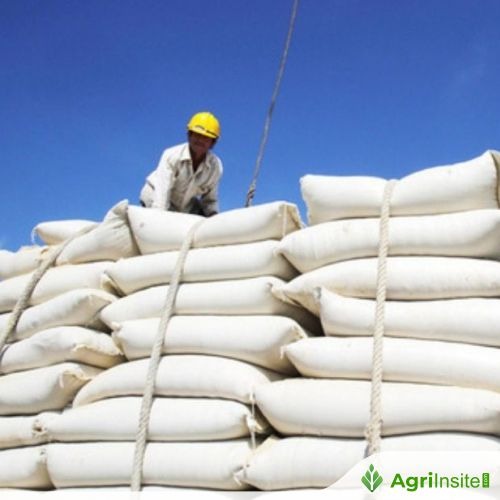TDRI warns of potential issues with Thailand’s 3 million-tonne rice absorption scheme

The Thailand Development Research Institute (TDRI) cautions that the government’s 3 million-tonne rice absorption scheme could repeat the mistakes of the rice pledging scheme, creating opportunities for corruption and disrupting exports.
Nipon Poapongsakorn, a senior academic at the Thailand Development Research Institute (TDRI), expressed concerns about the government’s rice absorption scheme for the 2025/26 harvest, which aims to purchase 3 million tonnes of rice. He fears that the initiative could mirror the flaws of the previous rice pledging scheme, which became riddled with corruption and inefficiencies. Additionally, he warned that the scheme could disrupt Thailand’s rice exports.
Nipon stated that the government’s purchasing scheme would lead to higher rice prices than those offered by private buyers, making Thailand less competitive on the global market.
He warned that the higher market price from the scheme could disrupt the existing export contracts and prevent the government from competing effectively with traditional rice exporters such as Vietnam, India, and Pakistan.
Nipon further explained that this could lead to overstocking, as rice mills might not find it profitable to process the rice at the inflated prices. Mills receive 200 baht per tonne under the new scheme compared to 500-550 baht per tonne under the previous pledging system.
The 3 million-tonne rice absorption scheme also risks exacerbating overproduction. Thailand’s projected rice harvest for the 2025/26 season is 35.44 million tonnes, much higher than the usual average of 32 million tonnes. As domestic demand remains steady, excess rice is expected to flood the market, particularly affecting white rice and fragrant rice, which will face tough competition from major exporters.
Nipon urged the government to allow market forces to manage the rice sector and avoid overreliance on state intervention, suggesting that the new scheme might replicate the failed rice pledging scheme if not properly managed. He cautioned that artificial demand could make it harder for other buyers to compete, leading to unsold rice stocks and potential losses.
In conclusion, Nipon warned that unless the rice absorption plan is carefully executed, it could cause long-term damage to Thailand’s rice industry, hurting both domestic markets and export competitiveness.
To Read more about Rice News continue reading Agriinsite.com
Source : Nation Thailand















